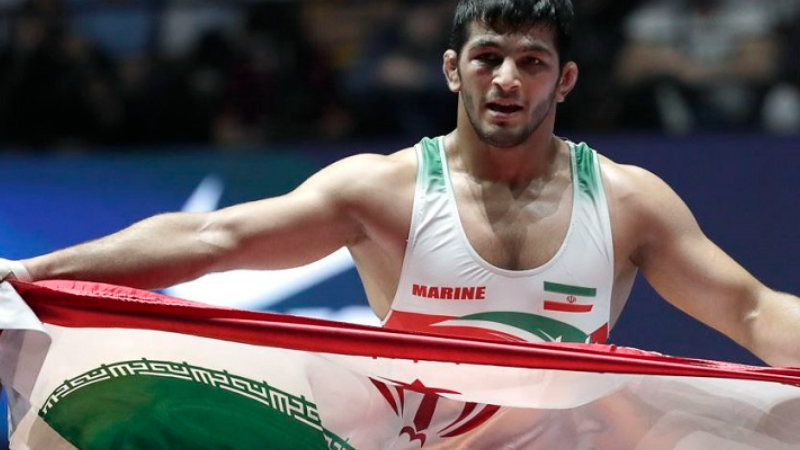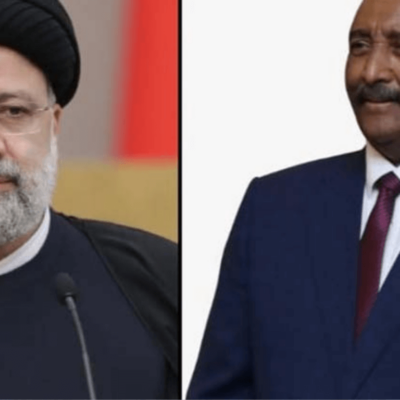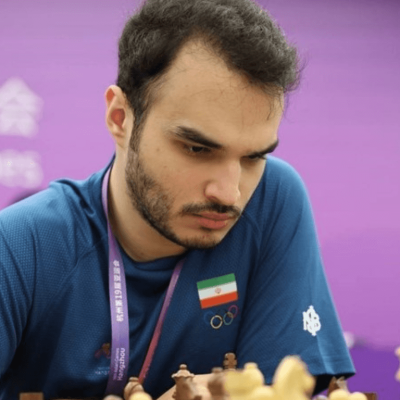Wrestling and Combat Sports in Iran- A Legacy of Strength and Honor

Wrestling is much respected in Iranian society which portraits centuries of tradition, strength and honour. It has its origins in ancient Persia, where wrestling was not only a sport but also part of warrior training symbolizing physical courage and moral integrity.
Perhaps, the most significant representative expression of this heritage is the Zurkhaneh or house of strength. Founded to train men for combat, the Zurkhaneh became a sacred institution where physical training blended with spiritual growth. The exercise called Varzesh-e Bastani, blended martial arts, calisthenics, music and poetry which builds not only muscular strength but also such virtues as humility and courage.
The main form of tradition is Koshti Pahlavani, a style of wrestling that is practised inside the Zurkhaneh. Pahlavan is a term that refers to a champion who is both physically skilled and a paragon of chivalry. Competitions were the major celebrations and champions were awarded the Bazooband, an armband that indicated their high standing.
The importance of wrestling is not limited to the Zurkhaneh. Chookheh wrestling is an ancient Kurdish style common in Iran’s Khorasan province. These events attract huge crowds, a testament to the sport’s strong cultural appeal which is conducted during Nowruz festivities.
Iran’s excellence in wrestling is seen on the global level. Iranian wrestlers have won many Olympic medals since 1948 which reflects the country’s commitment to this sport. Athletes such as Gholamreza Takhti who were not only admired for his sports career but also for his humility and kindness, became symbols of the nation.
Aside from wrestling, other fighting sports have become more prominent. Weightlifting has witnessed Iranian competitors such as Behdad Salimikordasiabi achieve world records and Olympic gold further demonstrating the nation’s focus on strength based disciplines.
But politics has occasionally darkened the shadow over these traditions. The situation of wrestler Navid Afkari who was hanged in 2020 under disputed conditions, testifies to the complicated interactions athletes can experience.
In spite of all these issues, wrestling and combat sports are still a part of Iran’s cultural identity. They represent symbols of the country’s history that carry on to endure, containing narratives of strength, honor and endurance that continue to propel generations.




